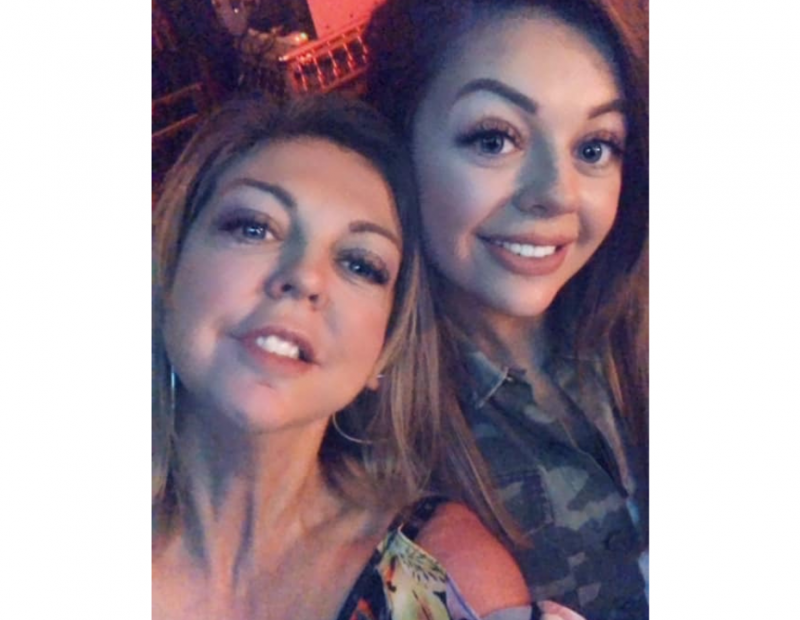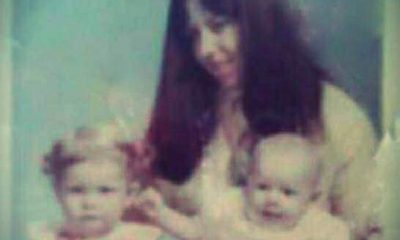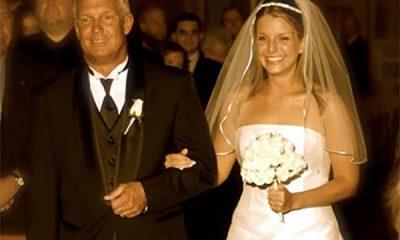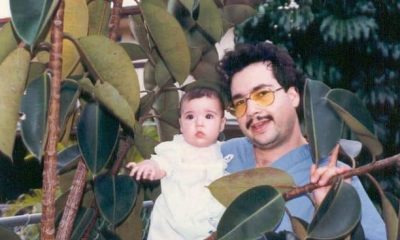By Karen Sykes
I am a 55-year-old nurse a widow, a mum of three daughters and a grandma to Eleanor Bethany.
In October 2015, suddenly and completely out of the blue, I lost my beloved husband Ian to suicide. Ian was a vibrant, clever, funny and kind man who was a devoted father. His death completely rocked our family and our whole world and our lives changed from that day.
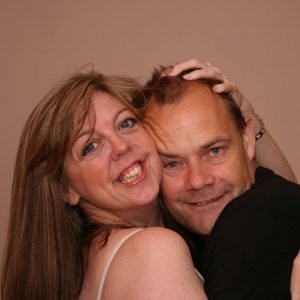
I would say my awareness of suicide and bereavement to suicide before losing my husband Ian in 2015 was limited, in fact, I would say I was immune to suicide. Now as I reflect on my life before Ian’s death and my perception of suicide and those bereaved to suicide, I acknowledge I had a fixed and closed opinion and actual judgement of suicide. I believed it happened to other people and would never affect me or my family; how sadly naïve I was. I sadly now have a much fuller and clearer concept and understanding of indiscriminate suicide is.
After Ian’s death, I thought as a family we spoke more openly about suicide and its impact on us all. My youngest daughter Beth had always struggled with her own mental health and anxiety, but she was open and honest, and I felt this was our safety net; that our strong bond of love and our close relationship as mum and daughter was enough to keep her safe. Sadly, it wasn’t. In 2019 as suddenly as Ian’s death, suicide crashed its way back into my life with Beth dying suddenly and unexpectedly to suicide.
The loss of my youngest child was heart-shattering. When you lose a child, all your future memories with them are stolen away from you. You lose their legacy and all you are left with are the old memories. As a mum, we envision our future within our children, the gold rush of future dreams and life’s ambitions was taken from Beth at that moment.
Today I cherish the old memories. There are no words to describe how much old photos, videos and memories in my heart are worth to me.
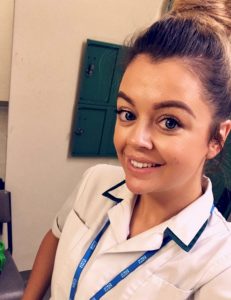 I would say my awareness of suicide and bereavement to suicide before losing my husband Ian in 2015 was limited, in fact, I would say I was immune to suicide. Now, as I reflect on my life before Ian’s death and my perception of suicide and those bereaved to suicide, I acknowledge I had a fixed and closed opinion and actual judgement of suicide. I believed it happened to other people and would never affect me or my family; how sadly naïve I was. This is also quite astounding given that I am a nurse of 35 years, who has worked in various settings including palliative care, so worked closely with bereaved individuals and families. As I said, I saw suicide as something that happened to ‘other people.’ Suicide is indiscriminate.
I would say my awareness of suicide and bereavement to suicide before losing my husband Ian in 2015 was limited, in fact, I would say I was immune to suicide. Now, as I reflect on my life before Ian’s death and my perception of suicide and those bereaved to suicide, I acknowledge I had a fixed and closed opinion and actual judgement of suicide. I believed it happened to other people and would never affect me or my family; how sadly naïve I was. This is also quite astounding given that I am a nurse of 35 years, who has worked in various settings including palliative care, so worked closely with bereaved individuals and families. As I said, I saw suicide as something that happened to ‘other people.’ Suicide is indiscriminate.
I sadly now have a much fuller and clearer concept and understanding.
Being bereaved by suicide throws you into a complex level of grief; the emotions of blame and ‘what ifs’ resonate profoundly. I wasn’t aware that being bereaved to suicide, also places you in a higher risk group of suicide yourself.
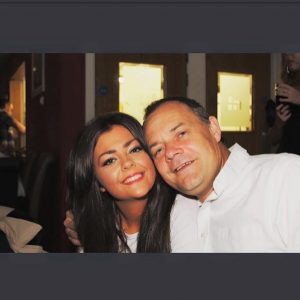 The loss of my husband and then my child is not something I will ever get over, but it is something I now live with. My life has irrevocably changed I am not the same person and I accept that. How can I be when the two people I loved most are no longer here? But I am not a negative or angry person and accept hindsight bias alters our memories and causes much guilt and pain, which is why out of my personal losses to suicide, I want to help others and this is the driver for continuing to raise awareness.
The loss of my husband and then my child is not something I will ever get over, but it is something I now live with. My life has irrevocably changed I am not the same person and I accept that. How can I be when the two people I loved most are no longer here? But I am not a negative or angry person and accept hindsight bias alters our memories and causes much guilt and pain, which is why out of my personal losses to suicide, I want to help others and this is the driver for continuing to raise awareness.
I believe in helping others we can make a difference. I accept the stigma of suicide continues, but I believe that we all have a part to play and with the positive work we all do, I truly believe we can work together to prevent further deaths from suicide by changing mindsets and culture. Being bereaved by suicide throws you into a complex level of grief; the emotions of blame and ‘what ifs’ resonate profoundly. You often feel so isolated and alone in your grief.
There is no time limit to grieve yet this is something that we still see especially in the U.K. others think you should get over it and move on. It sounds simple but when you’re in the darkest depth of grief and loss, getting over it is something you know can never happen. But as the darker days diminish somewhat, you learn to live a very different life. Yes, it will always be tinged with sadness but by continuing to speak their names and having Ian and Beth still alive in my memories and my life helps me. Grief and bereavement are part of our lives but only by talking about it and reaching out to others can we not only raise awareness but connect and support those struggling with their grief.
The more I talk about suicide bereavement the more open others can be. And for anyone supporting someone that has lost someone to suicide, be there for your loved one, it’s about listening and not feeling like you must provide all the answers to what has happened.
For more information about Karen, you can check out her website.
Support us by driving awareness!
Subscribe to our YouTube channel at YouTube.com/GrapGrief.
Follow us on Facebook at Facebook.com/GrapGrief and on Instagram at Instagram.com/GrapGrief.




